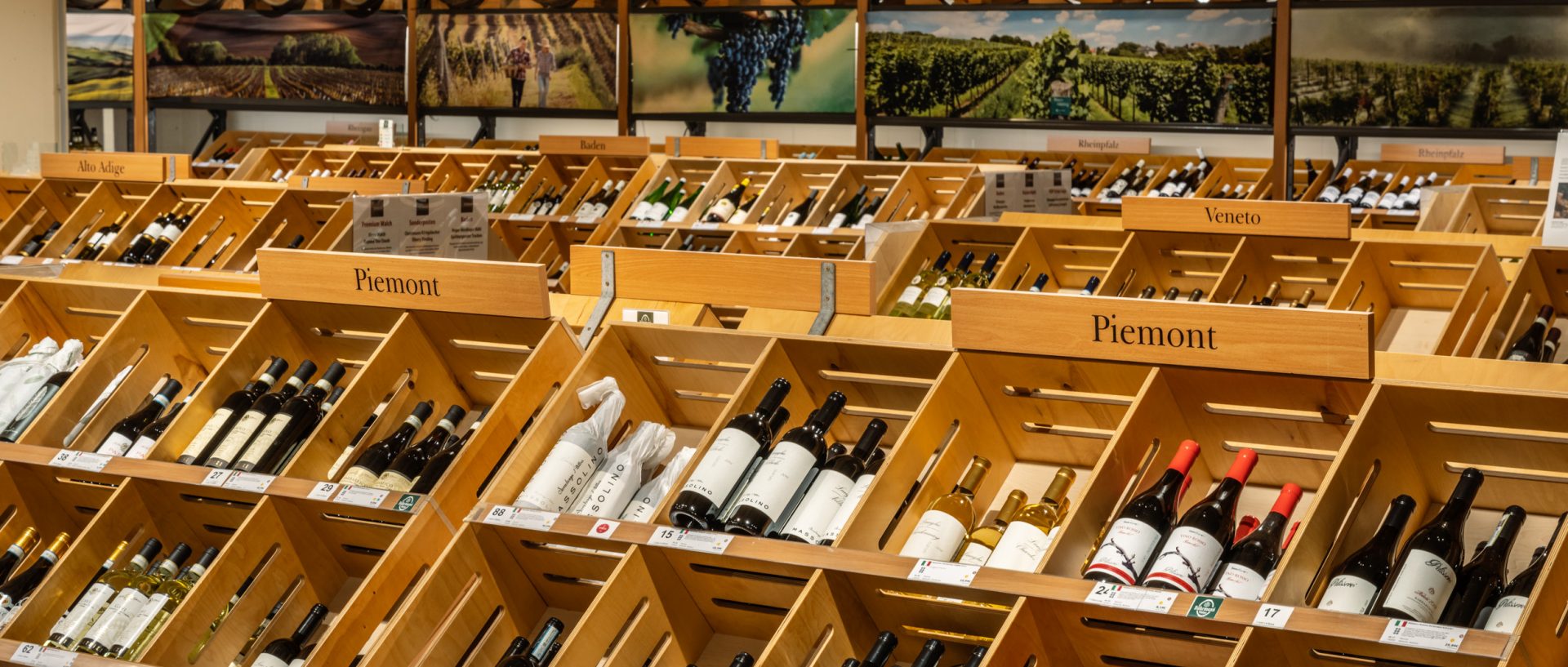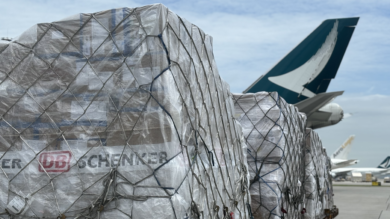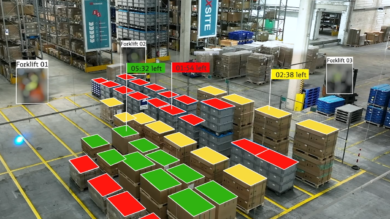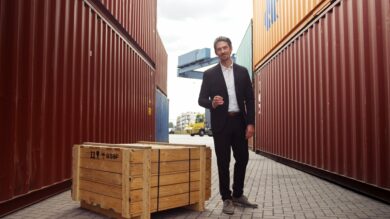The wine market is in turmoil. The COVID-19 pandemic has made exporting wine difficult, with airplanes grounded and ocean freight containers left unloaded. For a short amount of time, even wine trade between European neighbors came to a halt. For countries dependent on tourism, closed bars and restaurants means that less wine is consumed. In essence, wine logistics has stopped.
The buying behavior of many consumers has additionally changed. However, this has had little effect on logistics for wines and spirits from overseas, according to Yvonne Mayer, Team Leader Ocean Beverages at DB Schenker. Yvonne is responsible for the logistics of wines in the ocean freight sector. The logistics company has been providing this vital service for international clients from the retail and catering sectors for many years.
“Wine logistics is a year-round business across all climate zones. Wine is harvested all year long.”
With a permanent team of Ocean Freight employees, DB Schenker manages deliveries of wine and spirits from Koblenz, Germany. The major German wine-growing regions along the Ahr, Main, Moselle and Rhine rivers are located within a one-hundred-kilometer radius of this spot.
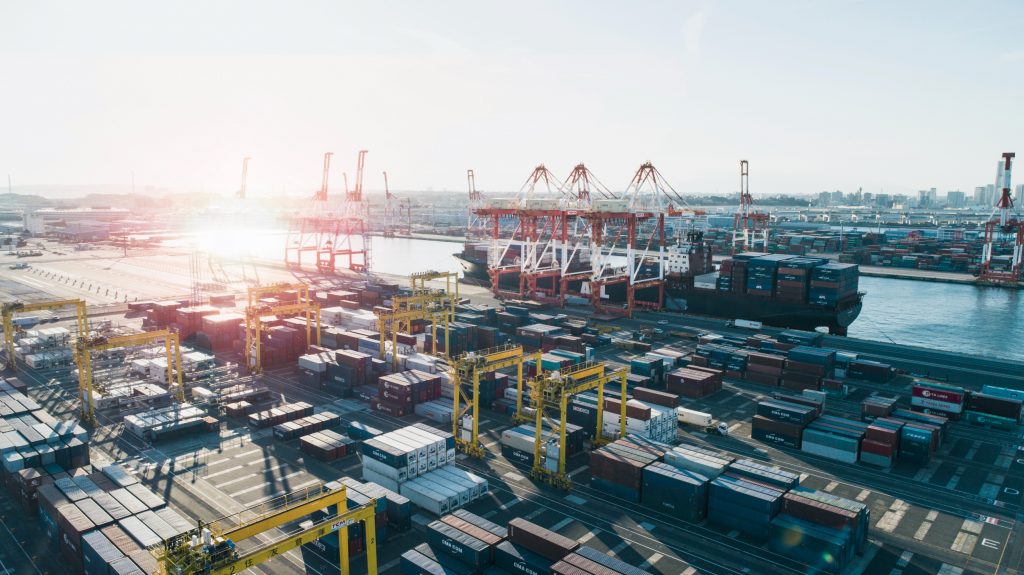
Wines from all over the world
DB Schenker imports 1,200 TEU (Twenty-foot Equivalent Unit) containers per year by ocean. Wholesalers and retailers, medium-sized catering businesses, contract bottlers and wine shops – from the convenience store around the corner to the high-priced luxury boutique – import the goods from Australia and New Zealand, America and South Africa. Wines from Europe, on the other hand, reach the customer by land. With this, DB Schenker’s logistics experts in the German regions of Bingen and Saarland had a huge task.
“We’ll go around the globe once: We start with Australia in the morning and we end the day with North America in the evening.”
In recent months, Yvonne has been noticing shifts in the market. Retailers are increasingly selling regional or local products. Customers are making more conscious purchases as they become more aware of the wines’ background.
Germany is a wine country
However, not much has changed in wine consumption so far. Germany is a wine country. According to the International Organisation of Vine and Wine, Germans consume about 20 million hectoliters per year. That equates to about 29 liters of wine and sparkling wine per capita per year, by those over the age of 16. This puts Germany far behind Portugal (per capita consumption is around 58.8 liters) and France (50.7 liters), but far ahead of countries like China – with around 1.5 liters per capita, wine consumption there is still very manageable.
The processes in wine logistics are also unchanged, whether in standard transport of bottled wine or bulk transport in special containers. 24,000 liters of wine fit into Flexibag containers.
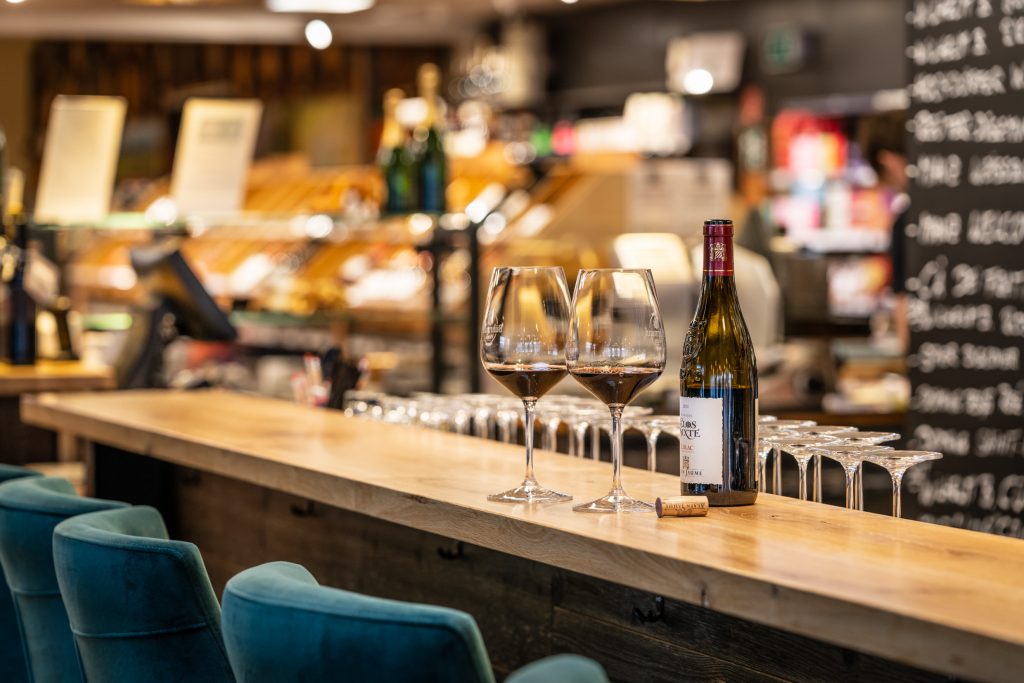
Wine requires special care
Wines require special attention from the logistics provider. Beverages originating from New Zealand, for example, pass through six climate zones before reaching their destination in Europe. Careful planning must cushion any external influences. “We pay attention to the special stowage position on ships,” says Yvonne. “Wine, for example, cannot tolerate heat sources nearby. So, we tell the shipping company where we would like to have it stowed.” Wine is usually transported on direct routes to avoid transshipments and waiting times in ports.
Once in Europe, DB Schenker uses all modes of transport. The role of rail and inland waterways is also growing. “With wine, the sustainability of the transport chain is becoming increasingly important. This is also a very discreet business and thrives on intense client loyalty. Security, trust and experience mean a lot in wine logistics”, says Yvonne.
The personal bond counts
Yvonne has been helping to build up this trust and personal relationship with many DB Schenker clients over a number of years. In 2012, what was then the second DB Schenker team in Hamburg was merged with the team in Koblenz. Yvonne has been head of the Ocean Beverage division since 2015. She now enjoys her journeys through the world of wine – virtually, at least.
Published: December 2020


